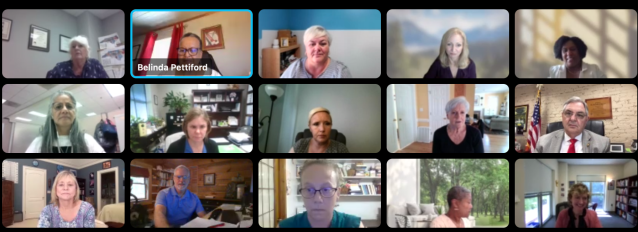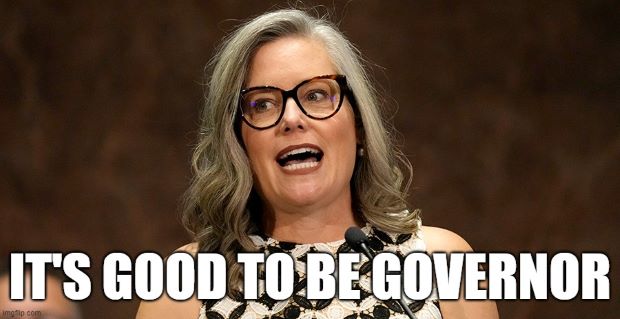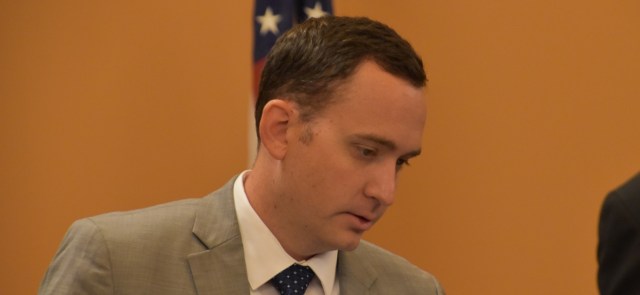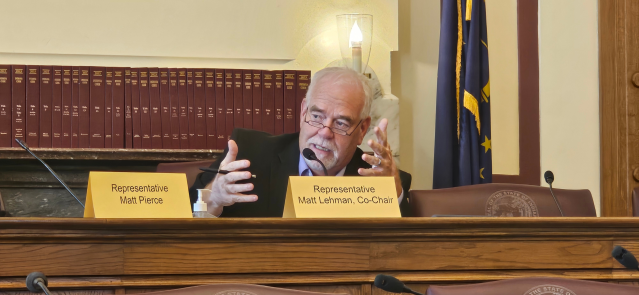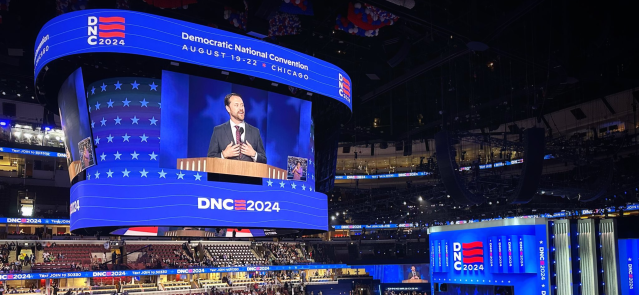Cases of congenital syphilis continue to rise in North Carolina, but the rate of increase has slowed, according to data shared with the Perinatal Health Committee Thursday afternoon.
Dr. Victoria Mobley, the HIV/STD medical director at the North Carolina Department of Health and Human Services Division of Public Health, said 72 cases of congenital syphilis were reported in 2023, with 10 of those cases resulting in a stillborn or neonatal death.
Between January and May 2024, 41 congenital syphilis cases and three related neonatal deaths were reported, a 31% increase over the past three-year average.
“We were seeing a 50% increase in women … only just three to six months ago,” Mobley said. “So the rate of increase is low.”
Mobley said that women of color are disproportionately impacted in the reported cases but that the data shows a steady increase in reports from caucasian women.
“The majority of women who are diagnosed with syphilis during pregnancy have no clinical signs of infection at the time of their diagnosis,” Mobley said.
North Carolina public health law requires providers to screen pregnant women for syphilis three times: at their first prenatal care visit, between 28 and 30 weeks of gestation and again at delivery, regardless of reported risk factors.
Mobley said the health department has received 10 survey responses from women affected by the outbreak. While nine of them had access to prenatal care, they all reported an annual household income of less than $40,000 a year and reported having trouble meeting their basic financial responsibilities during their pregnancy.
“A significant portion of them reported seeking health care other places during their pregnancy other than their prenatal care provider, which is important because we were trying to figure out where the providers are,” Mobley said, adding that many of the women shared they knew very little about syphilis even after their diagnosis.
A social media campaign launched last December by the health department to raise awareness of congenital syphilis peaked in April, accumulating 28 million impressions overall , including 3.7 million impressions with medical providers. Mobley said the department’s Hispanic audience on social media had the highest click-through rate of any demographic during the campaign.
Plans to extend the campaign and provide more regional fact sheets for providers are in the works, Mobley said. A congenital syphilis quarterly review board in the next month will analyze every reported congenital syphilis case in the state and identify any missed opportunities for prevention.
Dr. Marty McCaffrey, a neonatologist at the University of North Carolina and director of the Perinatal Quality Collaborative of North Carolina, said screening for syphilis at admission for labor has been making a huge difference in a preterm infant project he’s a part of, filling a 4% gap of unscreened mothers at 53 hospitals.
“I’m hoping the numbers for 2024 are going to look much better,” McCaffrey said.
For questions or comments, or to pass along story ideas, please write to Matthew Sasser at [email protected] or contact the NC Insider at [email protected] or @StateAffairsNC
